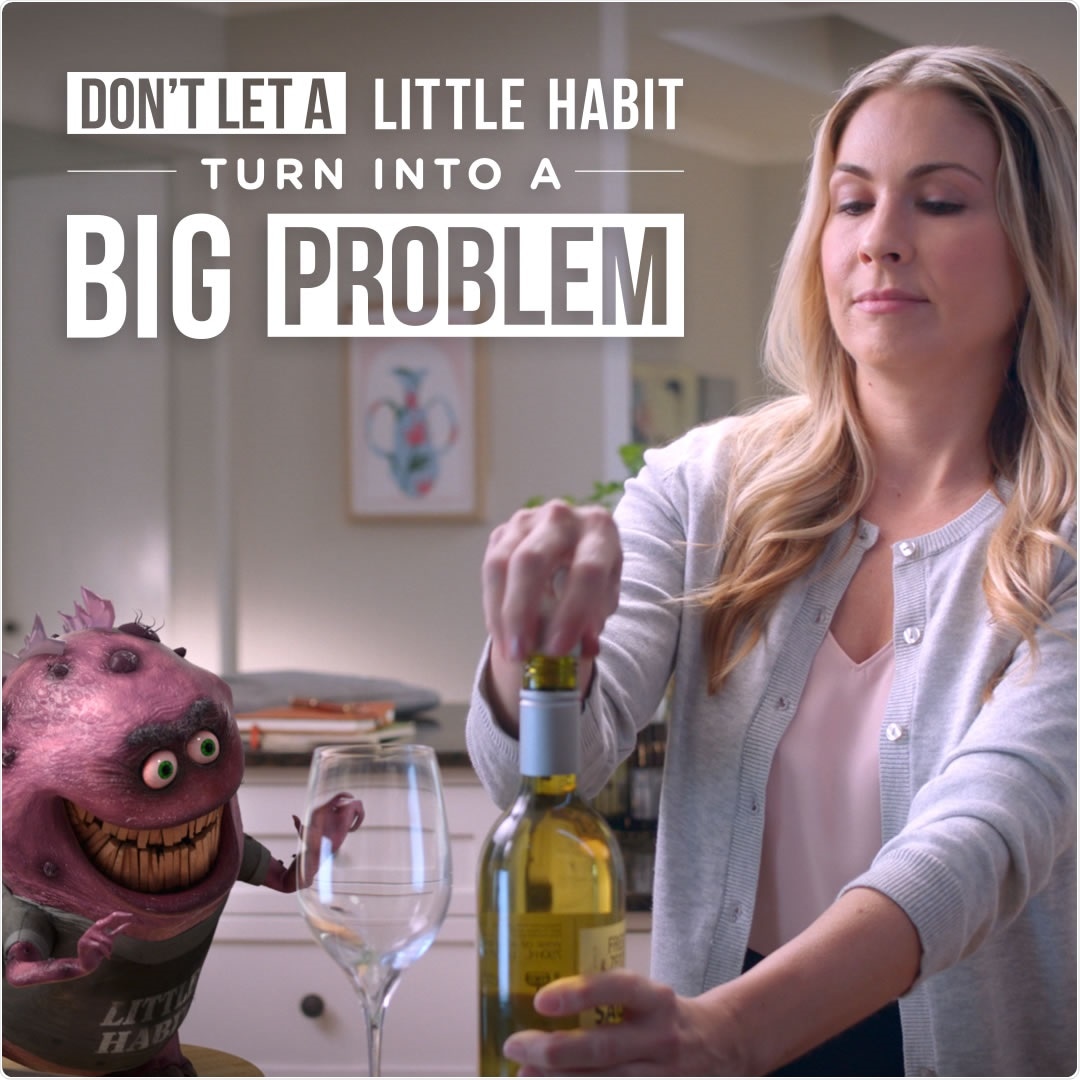The Alcohol and Drug Foundation conducted this survey where they provided questionnaires to over a thousand individuals, which they answered anonymously regarding their alcohol use since the start of the pandemic.
One in ten reported they were consuming over ten standard drinks per week. A large number reported they were drinking almost regularly and drinking more than what they did before.
Risk of disease
Alcohol consumption is associated with several diseases, including liver damage, cancers, heart disease, obesity, diabetes, etc. With a rise in drinking habits, more and more people are at risk of these diseases, say experts.
Professor Terry Bowles, from the University of Melbourne, who deals with dependence and addictions, said that quite a large number of persons have picked up the habit of drinking since the inception of the pandemic. He said, "Routine behaviors, which can have a profound impact on our lives, do not take a long time to form. So, as restrictions are gradually lifted across Australia, and we emerge from months of isolation, we have passed the threshold of time required to establish new habits."
Lockdown and drinking
Melbourne has been put under its second lockdown to break the chain of transmission of the coronavirus. A lockdown mandates people to stay indoors and bans public gatherings.
According to mental health experts, the last lockdown saw this spurt in drinking habits, and this second round may again raise the risk of excessive alcohol use among the general public.

1 in 5 Aussies regret lockdown alcohol consumption
"Wish I hadn't drunk so much"
The survey shows that nearly 20 percent of the population knew they were drinking more than they should and wished they drank less during the lockdowns. Quite a few hopes that they can reduce the amount of alcohol they consume over the next few weeks.
The survey showed that 28 percent of the younger participants aged between 18 and 35 years wanted to cut down on their drinking. Similarly, 22 percent of those aged between 35 and 53 and 10 percent of those aged over 54 wanted to cut down on their drinking.
Campaign to reduce alcohol consumption
The Alcohol and Drug Foundation has announced the start of its new campaign called "Break the Habit" this week to help people become aware of the ills of excessive alcohol consumption during lockdown periods.
The theme of the campaign is to tell the general public about the ease with which a new bad habit could be formed and how difficult it may be to break it once it consolidates. IT says that it takes an average of 66 days for a habit to form. This is the period of lockdown in Australia say, experts.
The campaign would also focus on the patterns of excessive drinking and help teach people to break their habit. The experts behind the campaign advise that a small increase in alcohol use regularly could form a habit over time.
Don't let a little habit turn into a big problem
Expert speak
Alcohol and Drug Foundation chief executive Erin Lalor explained that many people are seeking ways to cope. She said, "The last few months have been incredibly hard for everyone, particularly for those who have lost work, social connectedness and ... lost loved ones. We've all been trying our best under challenging, never-before-seen circumstances."
She warned, however, that if the habit is allowed to form, it may become difficult to break it later. She urged people to seek support when needed. She said, "Even small steps, such as introducing alcohol-free days into your week, or having one less drink a day, can have a powerful impact."
Dr. Lalor added that 37 percent of those who reported a rise in their alcohol consumption over the last few months wanted to continue drinking at the same levels. This was concerning, she said. There has also been a rise in alcohol-linked domestic violence she said adding, "People who talk to us about increased drinking say they've got into the habit of having a drink at 5 pm when they close the computer or when the kids finish home-schooling, and it's a hard habit to break."
Alcohol use survey from the United States
A similar survey was conducted between March and June this year as part of the COVID Symptom Study. It included nearly 100,000 participants, of which around 20 percent showed an increase in alcohol use during the study period. The week starting the 21st of March, a market survey from Nielsen showed that there was a 55 percent rise in sales of liquor.
Dr. Subhash C. Pandey, a professor and the director of the Alcohol Research Center at the Department of Psychiatry at the University of Illinois at Chicago, echoed the sentiments of Lalor when he said, "It has been very well established that (traumatic events) promote alcohol abuse. And it's established that people drink to relax or to self-medicate."
Pandey suggested people could consciously cut down on alcohol and seek support from friends and family. Stressors and sadness in daily life need to be attended to, he said. He said social events help reduce stress and loneliness. This may be absent during the lockdown periods.
"I think it's very unprecedented times we're going through. But I think the medical field, particularly with virtual health, is really one of the very emerging tools that can specifically help an individual see a specialist, get advice and get proper treatment," he said.